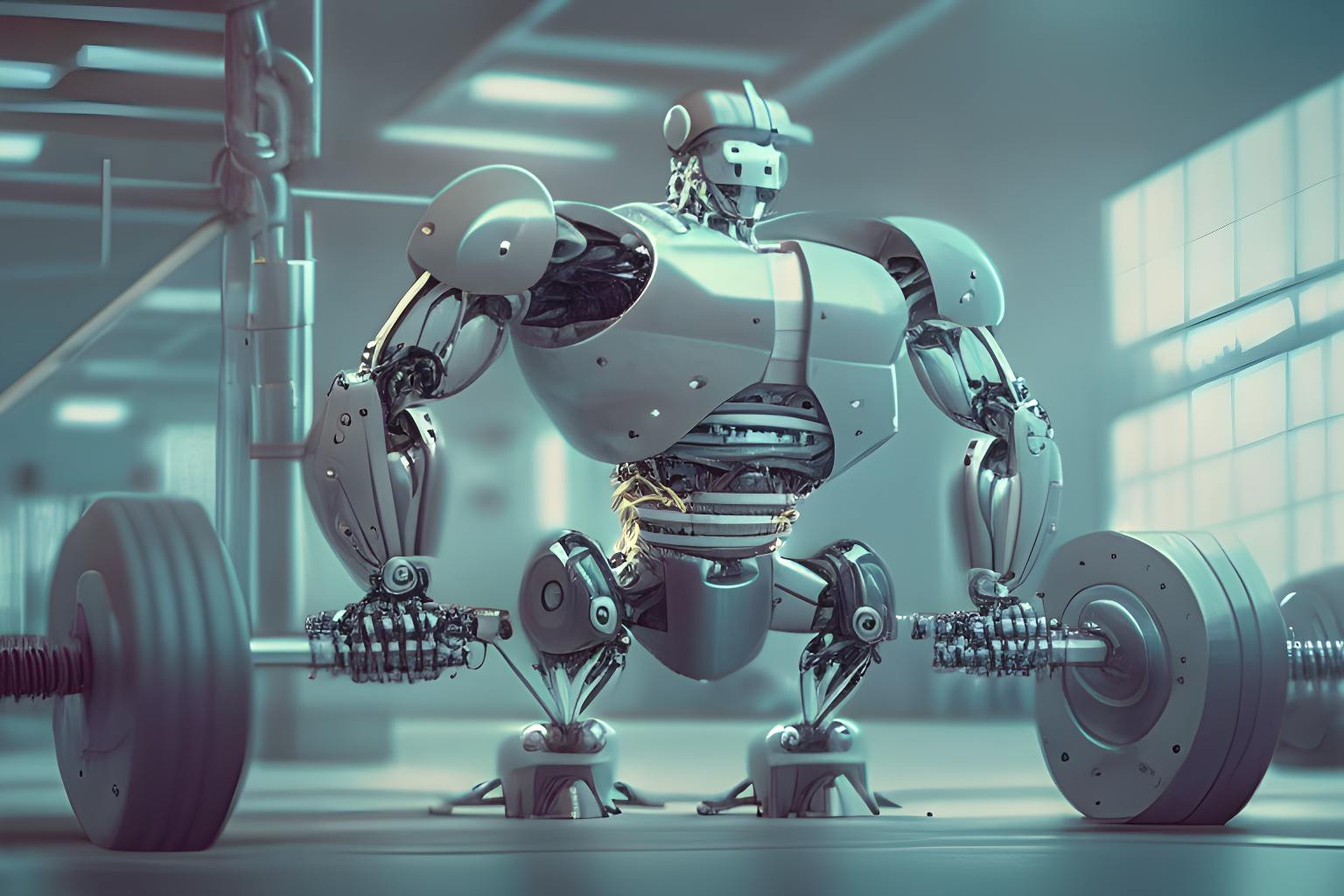364 reads
90% of Developers Were Outperformed by GPT-4
by
April 24th, 2023
Audio Presented by

Create scalable, high-load, fault tolerant and distributed backend services and APIs.
Story's Credibility

About Author
Create scalable, high-load, fault tolerant and distributed backend services and APIs.
